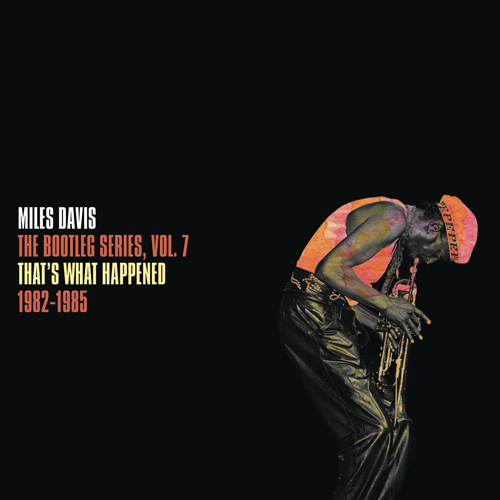I received the exciting news that Audio Note’s new building had been completed, and the company would be relocating. The new building is twice as large as the current one, and of course, the listening room will be renewed as well. They are planning to start operating fully around March after fine tuning and checking acoustic features. I cannot stop thinking of the kind of sounds we will be able to listen to in the newly-built room, and I will report on that moving forward. Which discs to play at the beginning of the year, or what sort of discs to put on the turntable first is something I always think about every year. Although the scenery does not change drastically once the new year started, we somehow want to make a fresh start. This month, I have selected three pieces that are suitable for the beginning of the year which I believe you can immerse yourself in the elegant atmosphere of the new year.
#202
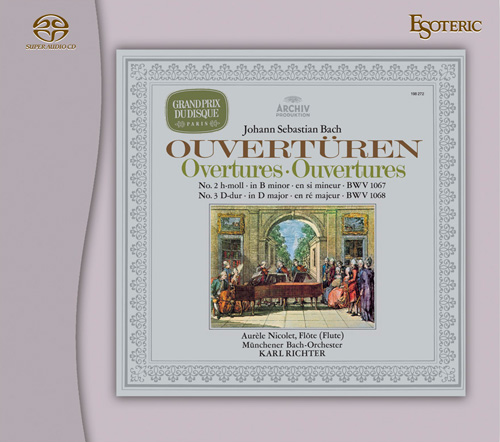
Johann Sebastian Bach: Orchestral Suite No. 2 & No. 3, etc.
(ARCHIV ⇒ ESOTERIC ESSA-90248)
Listening to the music of Bach and thinking back to the ancient times bring me an exceptional pleasure. Furthermore, listening to the superb performance of classical music gives me an opportunity to ruminate over “what has remained the same” and “what has been changed” in music, and “what is truly important” and “what is not really important.” Out of the four “Orchestral Suites” written by Bach, I have listened to “No. 2” and “No. 3,” the most familiarized pieces, conducted by Karl Richter with Münchener Bach-Orchester.
The “Orchestral Suite,” consisting of an overture and several short pieces of dance music, has a soothing, lovely and elegant atmosphere in its grandiose sounds. The part called “Air” in “No. 3” is also known as “Air on the G line,” and many other dance pieces also have graceful melodies. The sense of fulfilment projected by the orchestral sound is expressed even more clearly on the SACD hybrid disc released by ESOTERIC at the end of 2021. The exquisite flute solo by the virtuoso, Aurèle Nicolet, in “No. 2” emerges with greater realism. Richter’s insight into Bach and his dignity, which are neither too heavy nor too light, have been revived by the re-mastering after 60 years.
#203
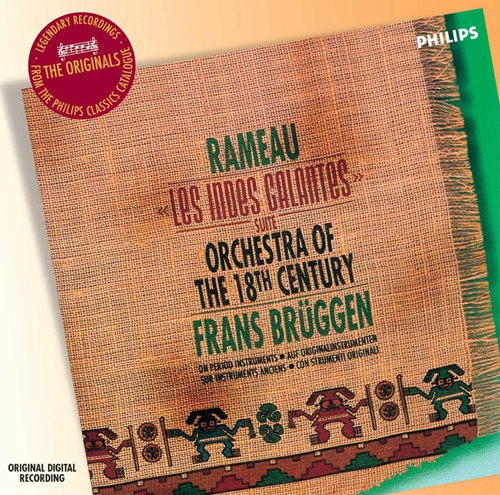
Rameau: Les Indes Galantes Suite
(Philips ⇒ Decca Originals 4757780)
I probably listened to “Elegant Indian Countries”—the ballet opera written by Jean-Philippe Rameau, a composer representing the French Baroque period—for the first time about a century ago. Although many of Rameau's operas and opera-ballet works have been appreciated again little by little in recent years, the melody of “Les Indes Galantes” has remained etched in my memory for a long time. India here does not refer to India of today, but to a foreign land seen from Europe; and Turkey, Peru, Persia, and North America are the settings for the four parts of the opera. The plot is simple, in which love is fulfilled in various countries, but Rameau, who is also a great master of orchestral techniques, makes a strong impression with his solid compositions and attractive melodies evoking exotic feelings. The 18th Century Orchestra, conducted by Frans Bruggen, performs a suite selected from Rameau’s masterpiece. Bruggen, who was known as a master recorder player, formed this orchestra in the early 1980s in pursuit of the timbre of ancient musical instruments. Rameau's works are of course an important part of Bruggen’s repertoire, and the orchestra's elegant sound is a perfect match for Rameau’s writing style.
I listened to the performance for the first time on a Harmonia Mundi’s double LP titled “Festliche Opernsuiten in Versailles”—the first album is “Les Indes Galantes” and the second album is "Dardanus.” It was performed by the Collegium Aureum Ensemble, which was known as a pioneer in the field of orchestral music for ancient instruments, and it was superb bringing out the orchestra's elegant and rich sound. The CD version of the opera was released once, but it may be hard to find it now. If you are looking for a set of complete opera discs, the masterful performance Jean-François Paillard recorded for Erato is now available as a 27-CD box set called “Rameau: The Opera Collection.”
#204
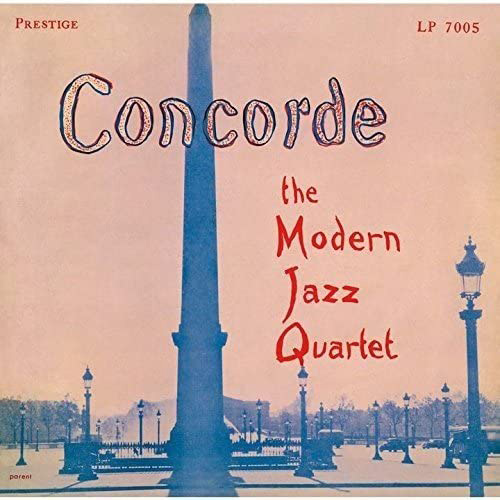
MJQ (Modern Jazz Quartet) / Concorde
(Prestige ⇒ Universal Music UCCO-5512)
When there were no CDs in the world, I used to put MJQ (Modern Jazz Quartet) “Concorde” on a turntable at the beginning of the year. “Softly, As in A Morning Sunrise” is the second track on the B-side of the vinyl. The MJQ, regarded as a signature piece of the chamber music sound of jazz combos—with a unique composition of vibraphone, piano, bass, and drums actively incorporating classical counterpoint, fugue, and other forms of music—has created music in perfect balance with improvisational performance.
“Softly, As in A Morning Sunrise,” a musical piece originally written by Sigmund Romberg, sounds balmy as the title suggests; but the lyrics, “Softly, as in a morning sunrise, The light of love comes stealing, Into a newborn day ... Softly, as in an evening sunset, The light that gave you the glory, Will take it all away...,” suggest it is a song of lost love. “Softly” was translated to “sawayakani,” which means “refreshing” in Japanese, is clearly a mistranslation. Nevertheless, the song is still sung today without causing any complaints, so actually it may be considered an excellent translation. In addition to the title track in the motif of the famous square in Paris, the funky <Ralph's New Blues>—a medley of Gershwin's masterpieces—and a variety of other selection of songs bring the group's elegant originality fully into the outstanding performance. This is a well-established recording, but the one released by Universal Music Japan is in an SHM-CD format made of highly transparent polycarbonate, which allows for even better sound quality.
About the Author
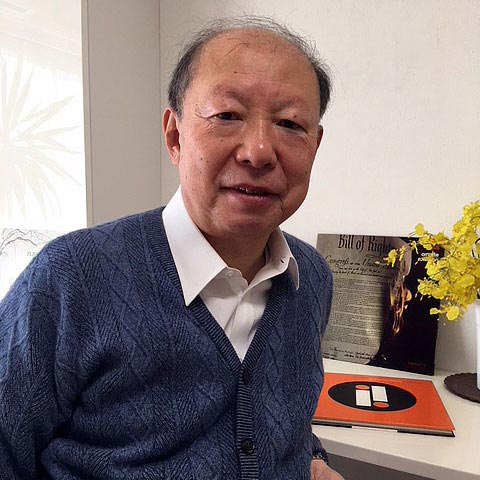
Masamichi Okazaki
Surrounded by various kinds of music from his childhood, Masamichi Okazaki joined Waseda University Modern Jazz Club. He started contributing articles to music magazines when he was a student. He covers wide range of music not only trad, modern and contemporary jazz, but also from pops to classics. He writes liner notes for CDs and LPs, and is a regular contributor to “JAZZ JAPAN,” “STEREO,” and others. He joined a big band, “Shiny Stockings,” as a saxophone player. He is a director of The Music Pen Club Japan (MPCJ).

